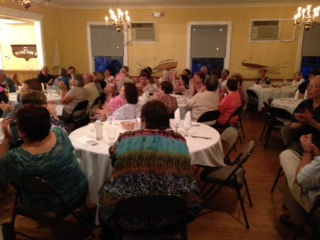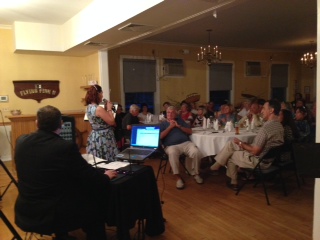This Week in History, Jul 20 - Jul 26
Jul 20, 1969
Armstrong walks on moon. At 10:56 p.m. EDT, American astronaut Neil Armstrong, 240,000 miles from Earth, speaks these words to more than a billion people listening at home: "That's one small step for man, one giant leap for mankind." Stepping off the lunar landing module Eagle, Armstrong became the first human to walk on the surface of the moon. The American effort to send astronauts to the moon has its origins in a famous appeal President John F. Kennedy made to a special joint session of Congress on May 25, 1961: "I believe this nation should commit itself to achieving the goal, before this decade is out, of landing a man on the moon and returning him safely to Earth." At the time, the United States was still trailing the Soviet Union in space developments, and Cold War-era America welcomed Kennedy's bold proposal.
Jul 21, 1861
The First Battle of Bull Run. In the first major land battle of the Civil War, a large Union force under General Irvin McDowell is routed by a Confederate army under General Pierre G.T. Beauregard. Three months after the Civil War erupted at Fort Sumter, Union military command still believed that the Confederacy could be crushed quickly and with little loss of life. In July, this overconfidence led to a premature offensive into northern Virginia by General McDowell. Searching out the Confederate forces, McDowell led 34,000 troops--mostly inexperienced and poorly trained militiamen--toward the railroad junction of Manassas, located just 30 miles from Washington, D.C. Alerted to the Union advance, General Beauregard massed some 20,000 troops there and was soon joined by General Joseph Johnston, who brought some 9,000 more troops by railroad.








